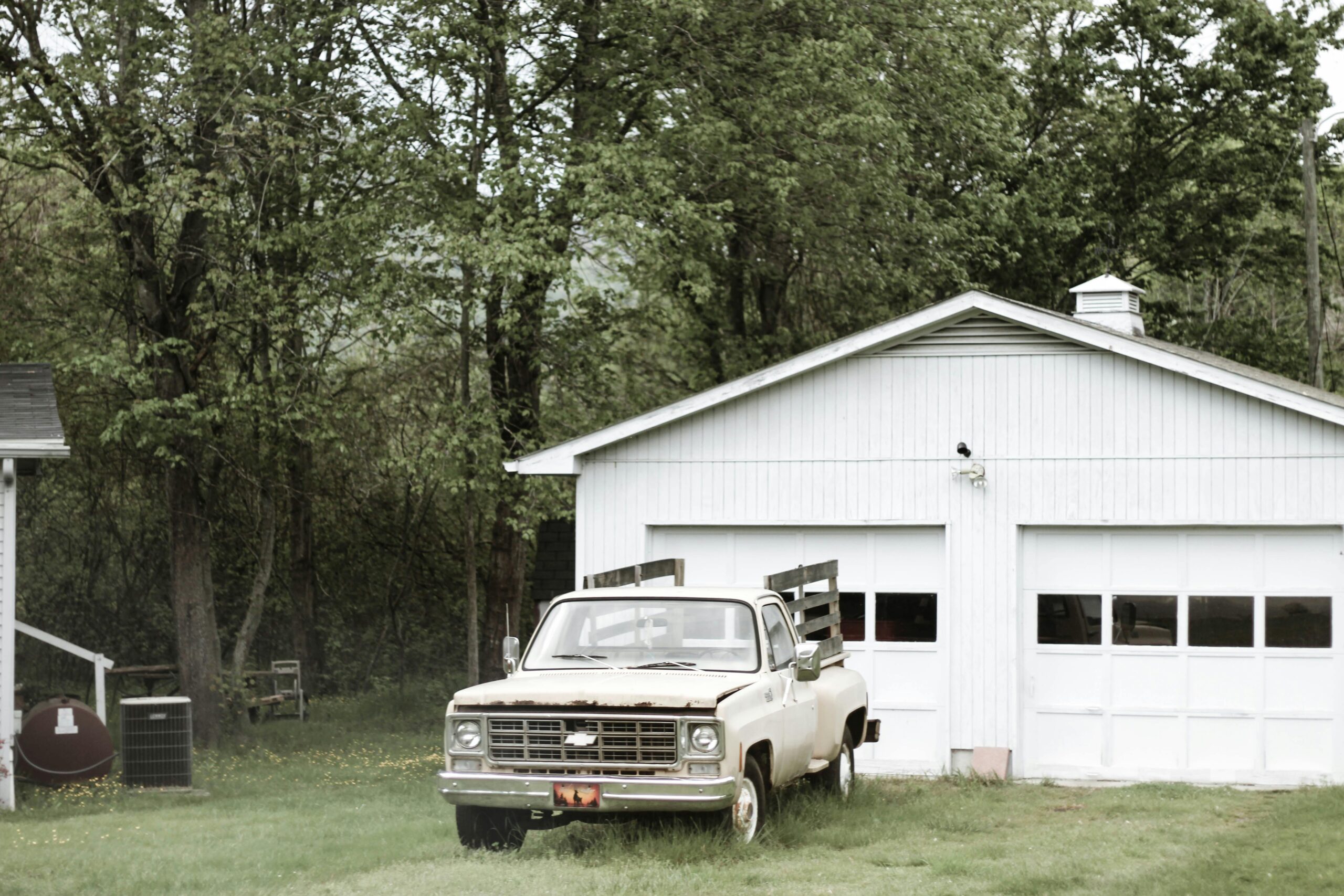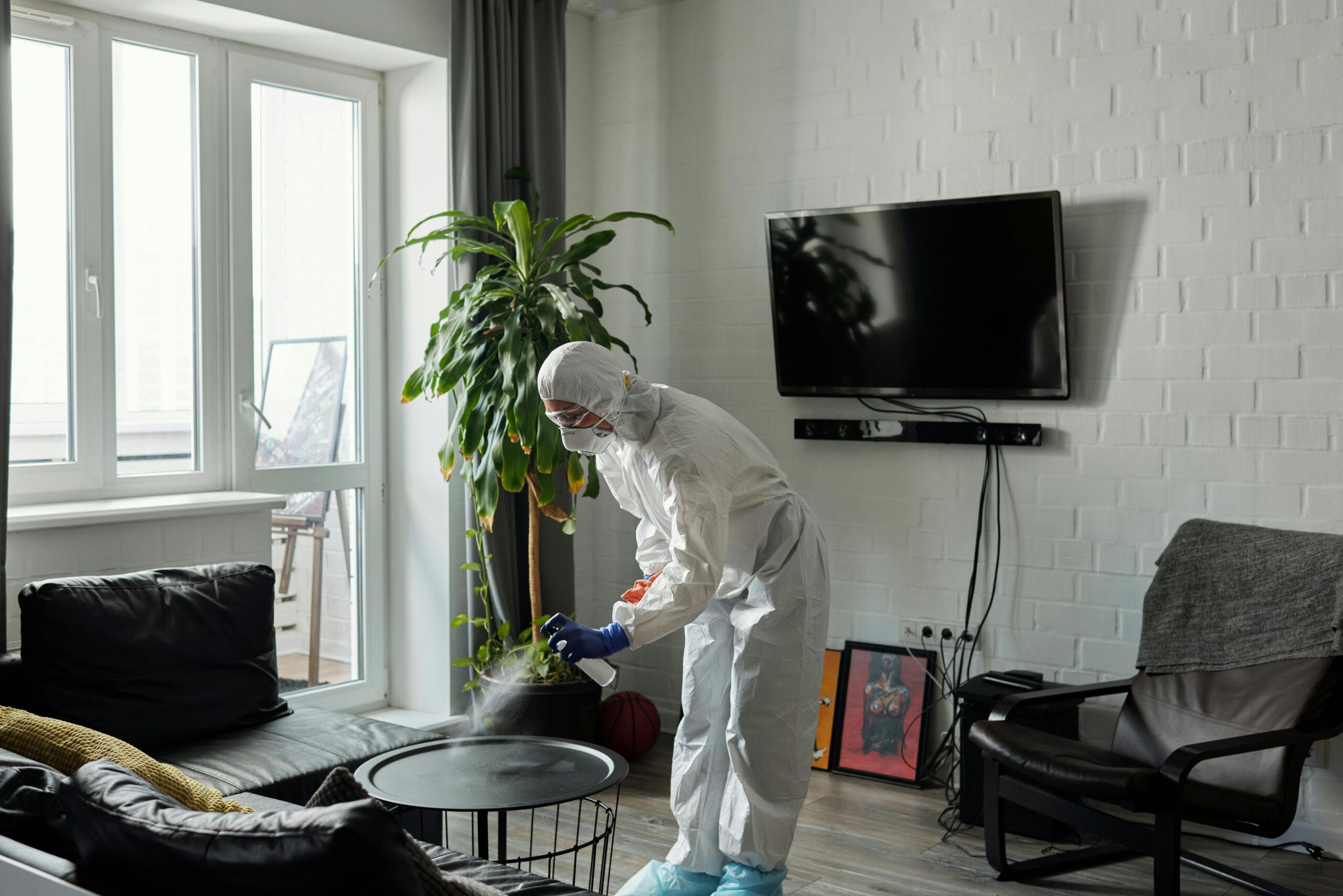It’s late in the evening, and you’re walking barefoot in the kitchen to grab something when suddenly you step onto something. Oh no, it’s a glowy little scorpion under the blacklight. Hanging on your baseboard like this tiny guy pays your rent. If you’re a resident of Phoenix, this is not new to you. Scorpions are inhabitants of the Sonoran desert. But the good news? You can drastically reduce your chances of seeing them if you treat your home at the right time of year. The trick is to act before they make themselves at home, literally.
So, when’s the best time for scorpion treatment in Phoenix? In this guide, we will divide it down into seasons so you can keep track of the best tricks to eliminate scorpions.
When Are Scorpions Most Active in Phoenix?
Scorpions are most active during the beginning of March and can last longer until the month of October. The warm desert climate is a friend of these tiny creatures. They can survive in the harsh climate of Arizona. The Sonoran Desert is an ideal real estate for bark scorpions during monsoon season.
Here’s a seasonal snapshot:
- Spring (March-May): Scorpions emerge from winter hiding and start breeding
- Summer (June–August): Peak activity night hunts, stings, and infestations
- Fall (Sept–Nov): Slower movement, but still lurking
- Winter (Dec–Feb): Not gone, just hiding inside walls, attics, and garages
Why Spring Is the Best Time to Start Treatment
If you’re thinking of calling a pest control company, spring is your golden window. This is when scorpions begin waking up and breeding. Taking action in March or April creates a protective barrier before they go full “Game of Thrones” in your backyard.
Think of it like this: Prevent now, and you won’t be fighting them later. Treatments in early spring target scorpions before they multiply and before they move indoors.
Bonus tip: Pair your treatment with home sealing to stop them from squeezing through cracks or tiny crevices.
Summer & Monsoon Season: The Scorpion Invasion
Scorpion activity spikes in June, July, and August, especially after a good monsoon rain. Why? Because water drives bugs into your home for shelter, and scorpions follow right behind them like creepy little hitchhikers.
During this season, families in Scottsdale, Chandler, Tempe, and Mesa report the highest number of scorpion sightings. Blacklight hunting has become a nightly routine in many neighborhoods. Some folks even say they’ve killed 10–15 scorpions in one week during July.
If you missed spring treatments, it’s not too late monthly pest control during summer is critical.
Fall & Winter: The Hidden Danger
Not because you didn’t see a single scorpion around doesn’t mean they are not around. When fall and winter season comes, scorpions prefer to find warm and cozy indoors. It could be from your attics, wall voids, garages, closets, and anywhere around the house. And guess what? They’ll stay put until it warms up again.
This is actually a perfect time to seal up your home, fix cracks, and work on long-term scorpion control. Treatments during these months focus on keeping any remaining pests from nesting inside.
How Often Should You Schedule Scorpion Treatments?
A good rule of thumb:
- Monthly treatments from March to October
- Bi-monthly or quarterly treatments in cooler months
Pair that with integrated pest management (IPM), a fancy term for sealing, cleaning, and monitoring and you’ll be way ahead of the game.
Look for pest control companies in Phoenix, Scottsdale, or Mesa that offer year-round plans with UV inspections and home sealing services.
What to Look for in a Phoenix Scorpion Control Service
Not all pest control companies are created equal. You want a team that:
- Uses blacklight detection to find scorpions hiding in walls or crevices
- Offers home sealing services to block entry points
- Has experience with Sonoran Desert pests, especially bark scorpions
- Provides free consultations or inspections
- Has strong reviews from other Phoenix-area homeowners
Ask about their treatment methods and if they use child- and pet-safe products, especially if you have little ones running around.
Relieved Homeowner of North Scottsdale
“We moved into our home in North Scottsdale not knowing it was basically a scorpion resort. Within the first week, we found one in our toddler’s room and killed over 15 scorpions inside and outside the house. It was terrifying. We immediately scheduled professional treatment and got the house sealed, and it’s made a huge difference. Now we sleep without blacklights by the bed, and I don’t feel like I’m on constant scorpion patrol. If you’re in Phoenix and dealing with this, don’t wait, just call the pros.”
— Jessica L., Mom of Two & First-Time Homeowner, North Scottsdale, AZ
Don’t Wait for a Sting. Take Action Now.
The truth is it doesn’t matter if your house is the cleanest in the neighborhood. Or it’s the newest house in the city or how pleasing the landscaping is to your yard. Scorpion only wants three things: food, water, and shelter. They’ll search for it wherever it is. Please don’t wait for them to harm you and your family. Let a professional pest control expert cut them down. They can’t be in your house, on your kid’s bedroom floor. Book your scorpion treatment now before Phoenix heats up. You can count on Spark Pest Control to protect your yard and home.
Frequently Asked Questions
1. When is the best time to schedule scorpion treatment in Phoenix?
The best time to schedule your scorpion treatment is during early spring or around March or April. It is the time when scorpions come out after winter to start their breeding cycle. Starting treatment early creates a protective barrier before they become active.
2. Are scorpions active in winter in Phoenix?
Yes, even in winter, they can be active, but it is less due to the fact that scorpions prefer to hide indoors, such as in your house. Keeping your house sealed together with indoor treatments is important during the winter season.
3. How often should I get scorpion pest control in Phoenix?
For best results:
- Monthly treatments during high-activity months (March–October)
- Bi-monthly or quarterly during cooler months (November–February)
4. Why are scorpions so common in Phoenix?
Scorpions thrive in the Sonoran Desert climate. The warm weather, abundance of insects (aka food), and natural desert landscaping in areas like Scottsdale, Mesa, and Chandler make it the perfect environment for them.
5. Do monsoon rains increase scorpion activity?
Yes! During Arizona monsoon season, scorpions are more active because rain flushes out their prey (insects), driving both bugs and scorpions into homes. This makes summer treatments especially critical.
6. Can scorpions get into newly built homes?
Definitely, even brand-new homes in Phoenix can have scorpion issues if entry points like vents, baseboards, or foundation cracks aren’t sealed. Home sealing is just as important as spraying!
7. What does scorpion treatment usually include?
A proper scorpion treatment often includes:
- Perimeter sprays
- UV blacklight inspections
- Targeted treatments inside and outside
- Optional home sealing services to block entry points
Look for local Phoenix pest control companies that specialize in scorpion removal.
8. Are scorpion stings dangerous for kids and pets?
Yes. The sting of a bark scorpion can be really dangerous and painful, especially for toddlers, pets, and older adults. They are rarely fatal, but seeking medical attention immediately is a must.
9. What areas of Phoenix are worst for scorpions?
Scorpion hotspots include:
- North Scottsdale
- Ahwatukee Foothills
- Desert Ridge
- Anthem
- Arcadia
These areas have natural desert terrain, older homes, and lush landscaping that attract scorpions.
10. How do I keep scorpions out of my house long-term?
Long-term scorpion control involves:
- Consistent pest control treatments
- Sealing your home
- Reducing clutter and moisture
- Eliminating insect food sources
Also, use a blacklight at night to check for activity around your yard and foundation.




